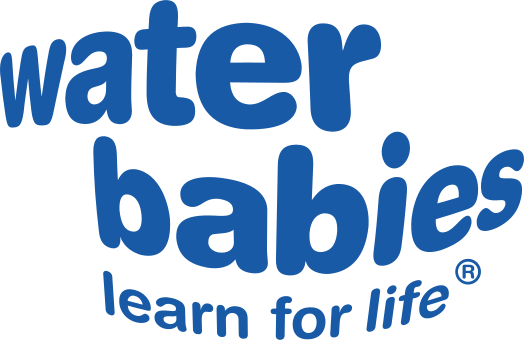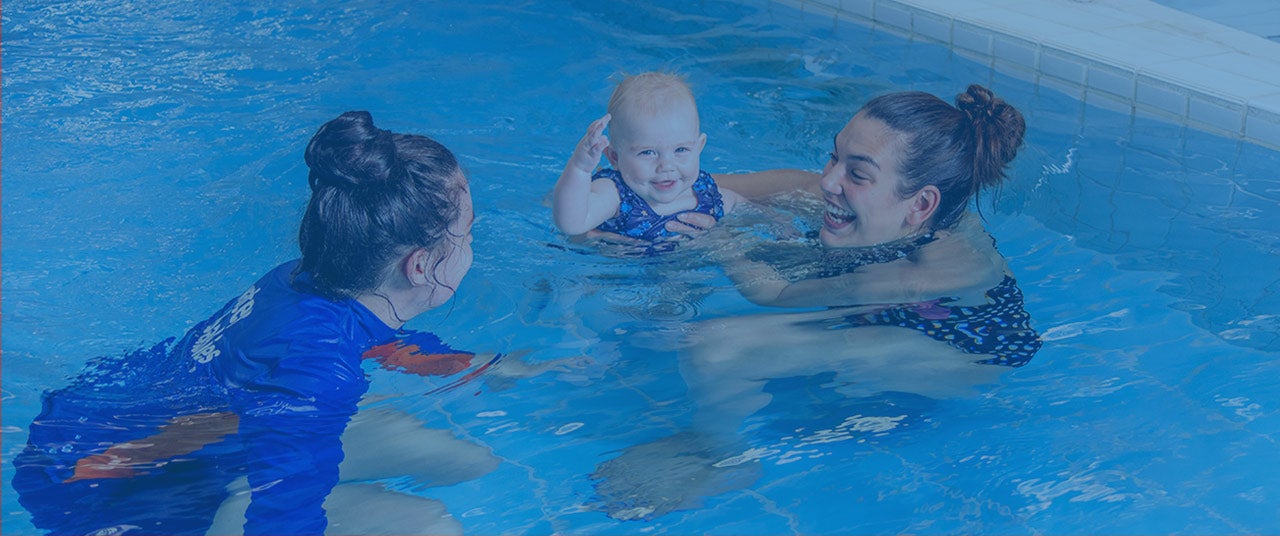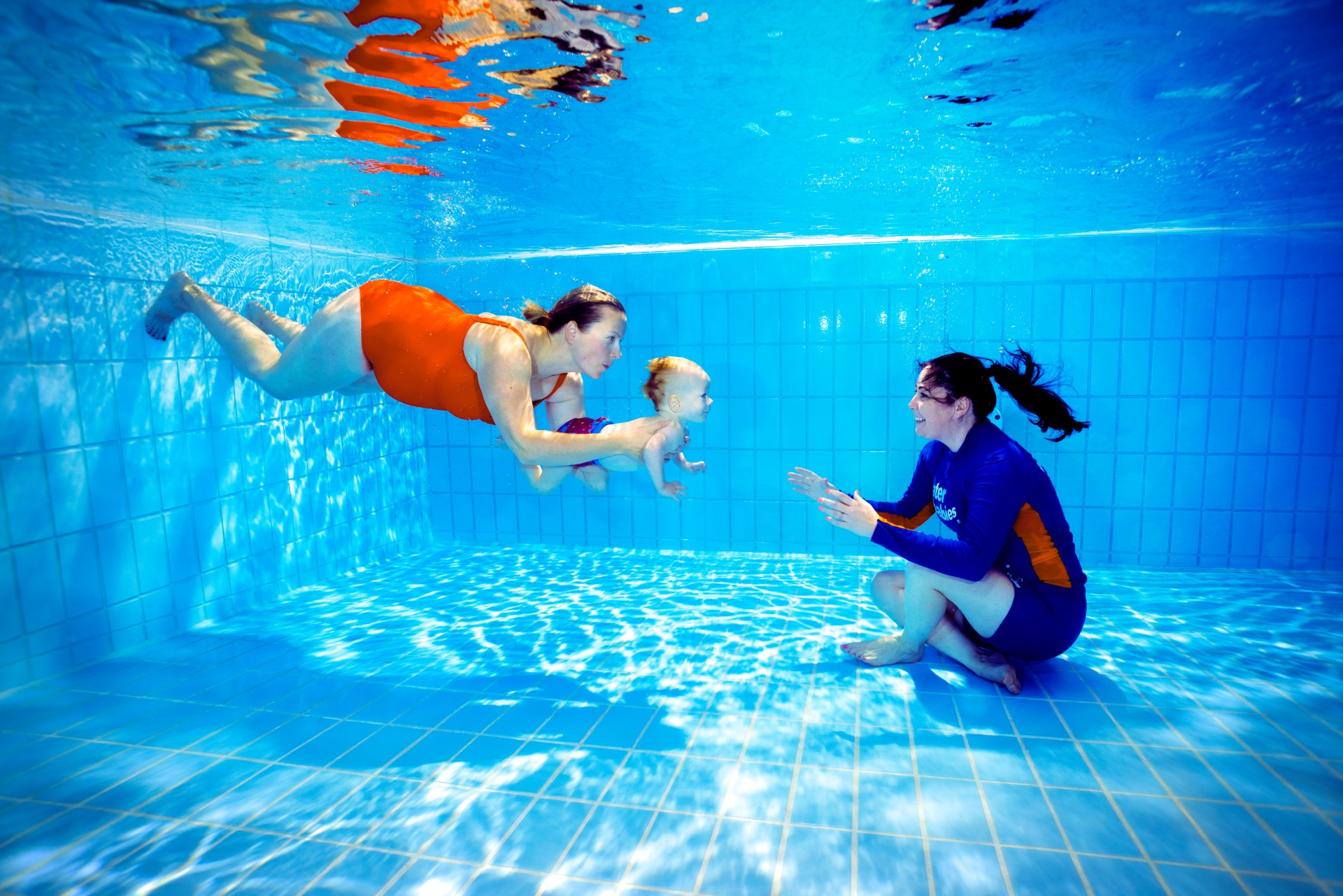Riding a scooter is a fun way for preschoolers to develop motor skills, balance and coordination. Guest bloggers, Micro Scooters, explain how scooting has been scientifically verified as an activity that can play a crucial part in your child’s development.
School might seem a long way off for some, but by taking time to encourage your infant to develop through movement in their early years will help them achieve their all-important developmental milestones. Scooting regularly will mean that by the time they reach school age, children will be more alert and motivated and will have better concentration levels too.
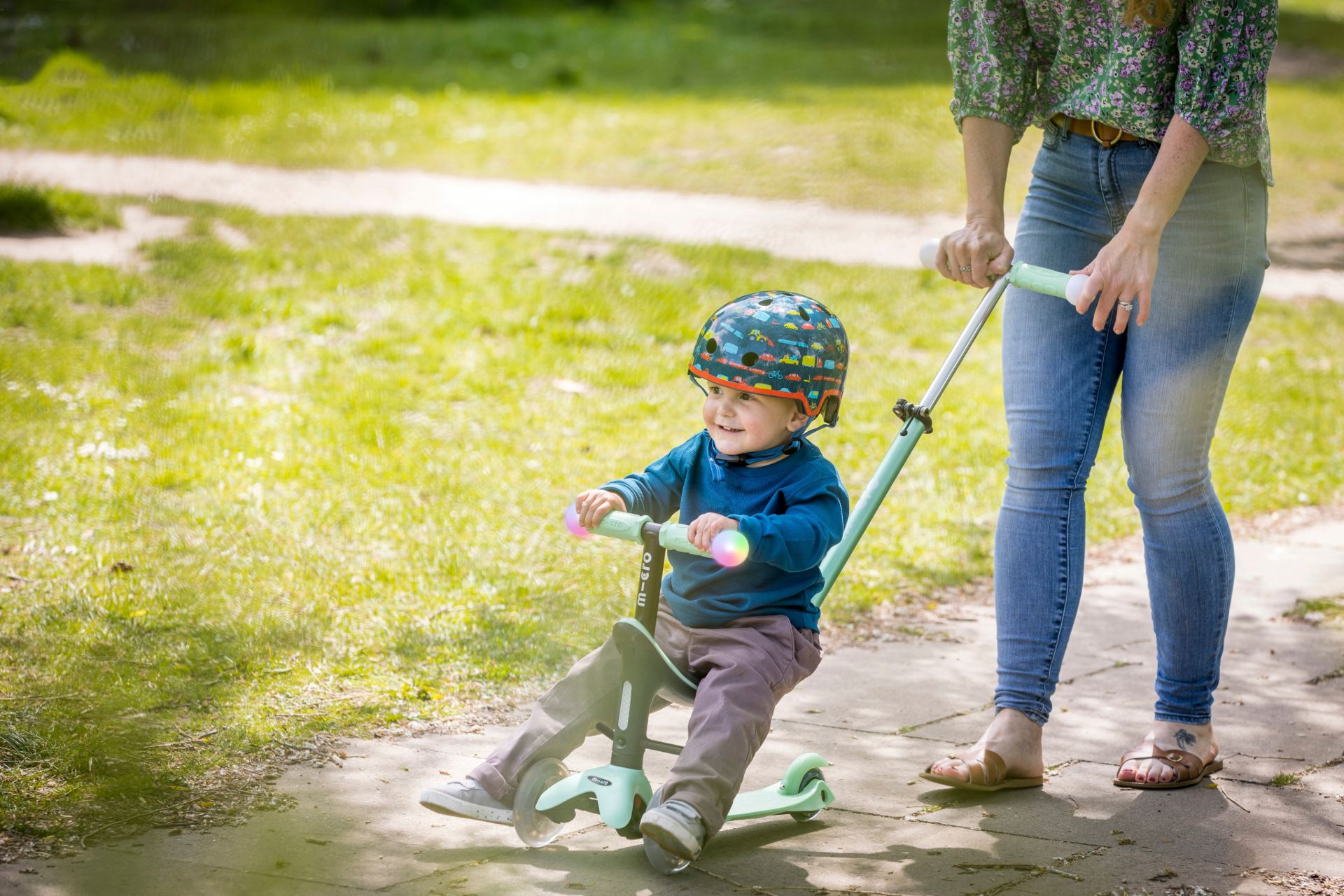
Gross motor skills are those that help us move our bodies, scooting can help build and strengthen muscle to help secure and embed these skills, here’s how:
- Balance: Maintaining stability whilst moving on a scooter helps improve overall balance.
- Coordination: Using both legs to push off whilst steering at the same time means different parts of a child’s body are moving simultaneously and this promotes hand eye coordination.
- Strength: Pushing off with one foot whilst maintaining posture builds leg strength and core stability.
- Fine motor skills:Steering the scooter can enhance fine motor control and dexterity.
- Spacial awareness: Navigating around obstacles while scooting helps children develop a better understanding of their bodies in relation to the environment.
But that’s not all, scooting can also help with cognitive skills such as
- Problem solving: how to navigate their environment is incredibly important when scooting, including navigating the safest path and assessing obstacles.
- Concentration: scooting requires focus and attention to navigate successfully.
- Memory: including remembering routes and where to go.
- Planning: speeding up and slowing down or change direction as children think about their movements.
- Social interactions: scooting with friends strengthens memory through positive experiences.
- Task sequencing: including pushing off, steering, stopping, regular practicing of patterns improves the ability to remember steps in a task.
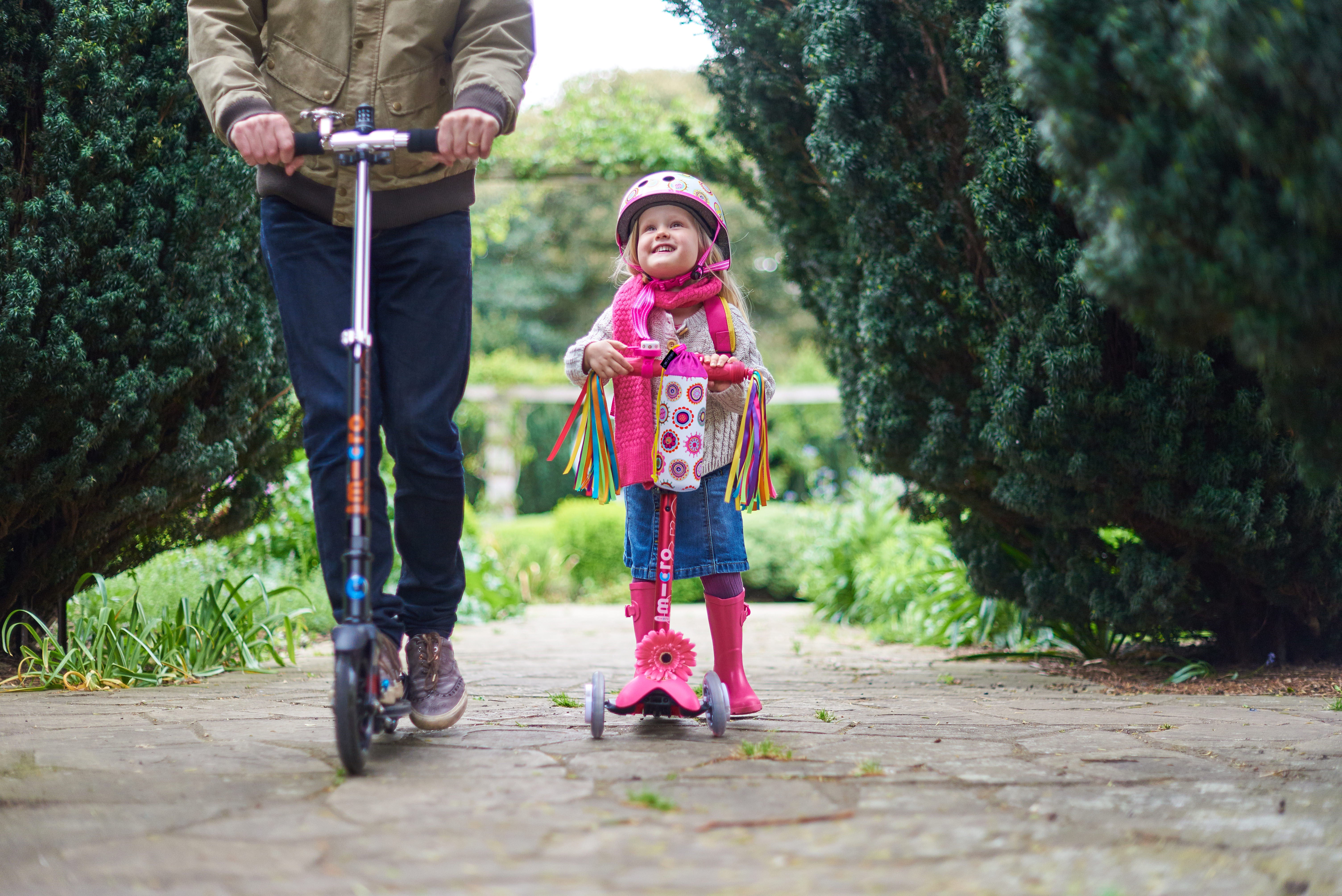
In 2019, Micro Scooters commissioned research with Brytesparks, a team of experts in biomechanics who assessed child development specifically with their products in mind. The clever scientists verified that when riding a Micro scooter, children gain confidence in their own physical abilities.
As a result, they are able to move with a better understanding of their bodies, their capabilities (and limitations) and therefore less likely to take unnecessary risks.
Children also actively seek new physical experiences and will continue exercising and enjoying activities into later life. Thus helping to instill habits that last a lifetime.
What do you Mean by Developmental Milestones?
Developmental milestones include all the things a child does for the first time, such as taking their first steps. Whilst all children develop at their own speeds, not many parents realise that many infants are ready to scoot by the age of 12 months.
There are key markers in a child physical development and at around 12 months they are gaining the motor skills to be able to take their first steps. At this point it is important to offer children a broad range of movement opportunities such a scooting. The key this is to offer the child a goal whilst they are moving. Scooting on a Micro scooter with a seat offers a stable means of movement which helps them feel safe. With this feeling of safety comes the desire to explore and the process of movement becomes a secondary element that is over looked by the child.
Products Supporting Development
The experts at Brytesparks have assessed child development with Micro Scooters in mind, specifically their ride-on toddler scooter and balance bikes.

